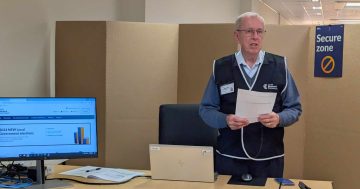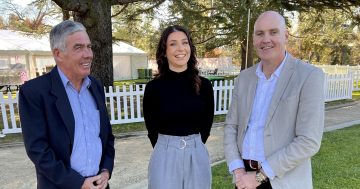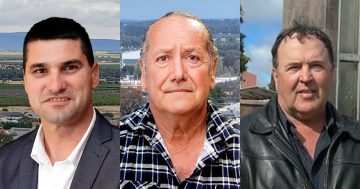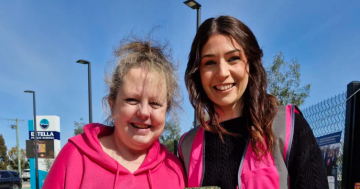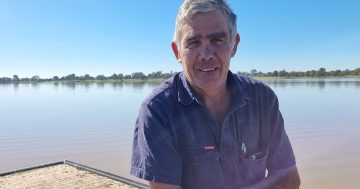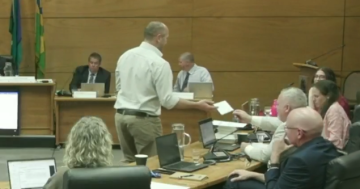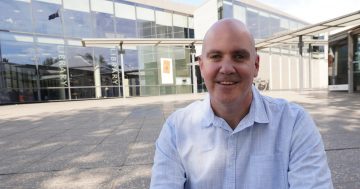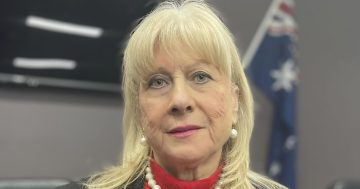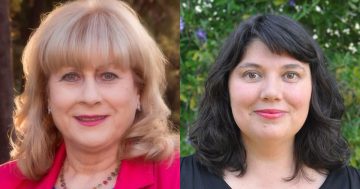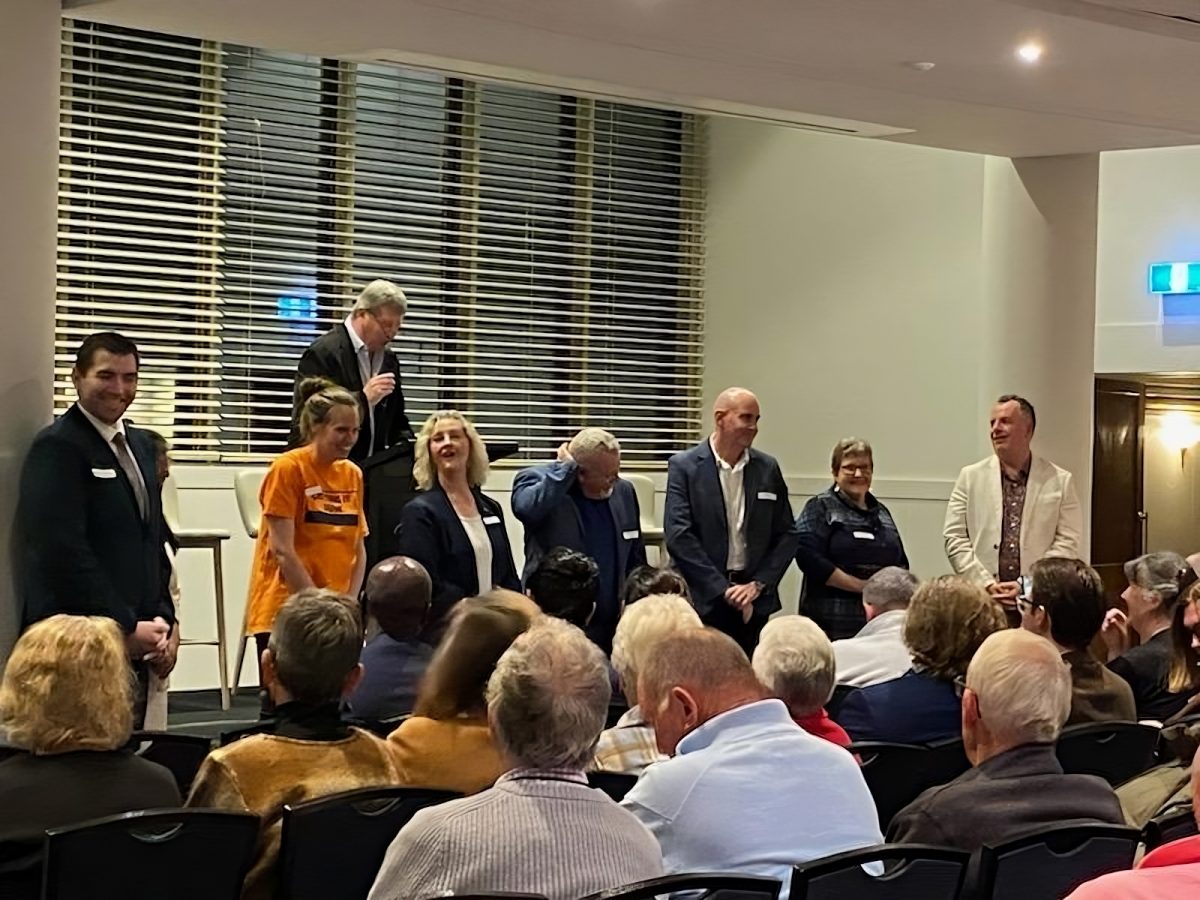
Wagga’s local government election saw some surprising trends. Photo: Supplied.
There could be up to three new faces on both Wagga and Griffith councils after the local government elections on Saturday (14 September).
Vote counting is not yet finished, but early trends have seen substantial vote shifts compared to 2021, with newcomers doing particularly well in Griffith.
The race for the town’s mayor between incumbent Doug Curran and challenger Anne Napoli currently sits on a knife’s edge.
A very complex electoral system means it’s difficult to guess what the final results will be, but here is what we know so far.
Team Koschel surges in Wagga as new candidate gains support
The group ticket led by sitting Wagga councillor Tim Koschel has received by far the most votes. This means that he’ll be elected, and it’s likely the second on his ticket, newcomer Allana Condron, a 27-year-old HR manager at Hutcheon and Pearce, will join him in local government.
While Ms Condron has yet to claim victory, she is upbeat about her chances.
“I’m feeling really positive today … I think we had a bit of strength with Tim and Mick [Henderson] on our ticket. We are focused on listening to the community,” she said.
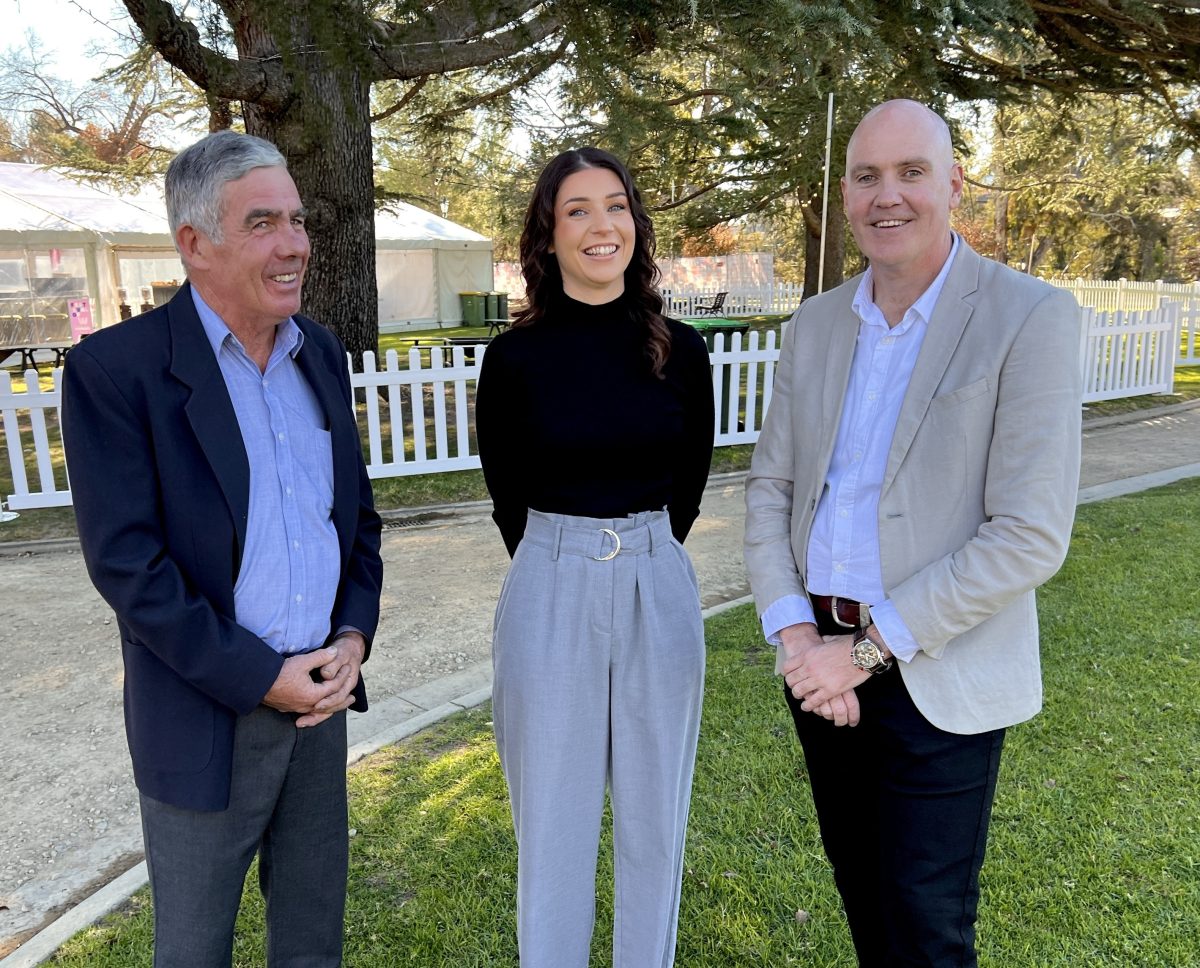
The team, which included Cr Mick Henderson, Allana Condron and Cr Tim Koschel, did well. Photo: Chris Roe.
Her colleague Mick Henderson, another existing councillor, was third on the ticket and will have to wait for the flow of preferences to see if he’ll return to local government.
Mayor Dallas Tout, deputy mayor Amelia Parkins, and current councillors Georgie Davies, Richard Foley and Jenny McKinnon all appear likely to be re-elected.
Lindsay Tanner (no relation to the former federal government minister of the same name), who led an independent group focused on improving Wagga’s infrastructure, has a good chance of being successful.
Candidate Robert Sinclair, who focused on the need to fix roads, and Australian Christians Paul McCausland, also have an opportunity to bring new blood to council, depending on how preferences flow.
All up, Wagga will elect nine councillors, who will then decide on the town’s mayor.
Council rate rise appears to have influenced Griffith result
In Griffith, the mayor is directly elected by residents, who have given us perhaps the closest contest in the town’s history.
As at Monday (16 September), less than 150 votes separated the two candidates with more than 14,000 votes counted. Incumbent Doug Curran (50.5 per cent) was slightly ahead of challenger Anne Napoli (49.5 per cent). There are still 800 votes to be counted, with the final result not likely to be confirmed for weeks.
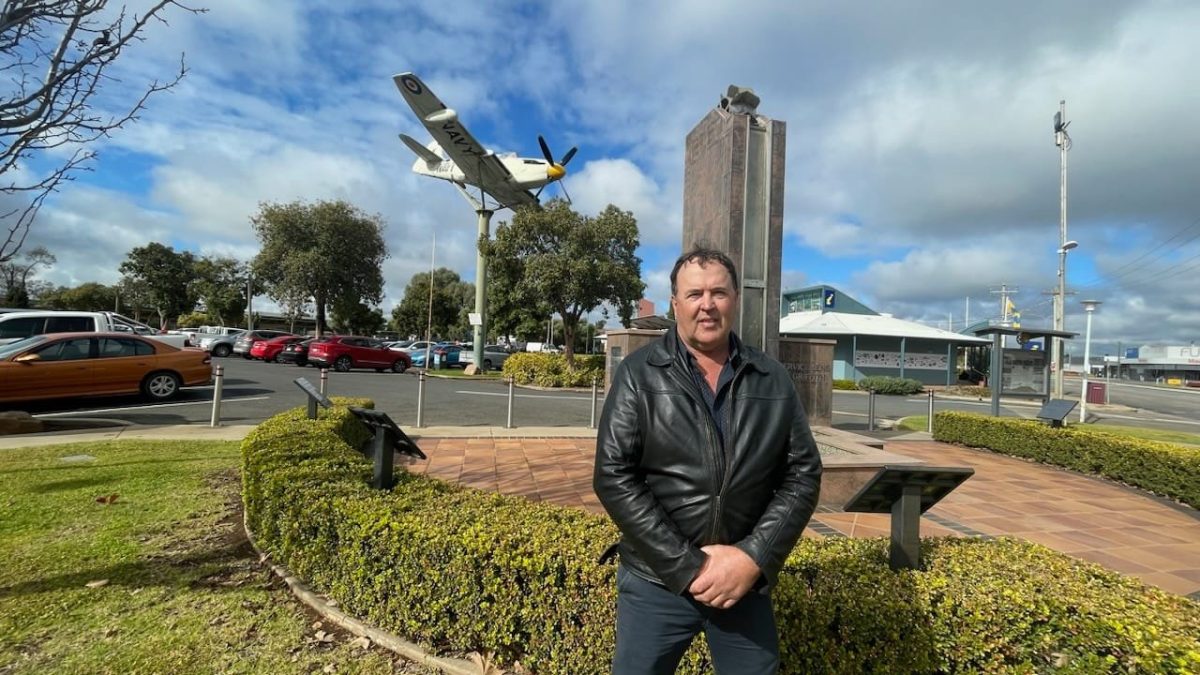
Newcomer Scott Groat has a good chance of getting elected. Photo: Facebook.
In 2021, Mr Curran comfortably beat Ms Napoli by more than 30 points. It’s possible the mayor’s support for a Special Rate Variation (SRV), which substantially increased council rates, helped cause some of the swing toward Ms Napoli, who opposed the SRV.
In the election for councillors, three incumbents who support the SRV – Chris Sutton, Manjit Singh Lally and Glenn Andreazza – will struggle to get re-elected, based on initial results.
Two newcomers who campaigned against the SRV, handyman Satwinder Singh and farmer Scott Groat, received a high number of votes and appeared to have a good chance of securing places on the local government body.
“I’d be pretty unlucky if I didn’t get in. I’ve received the fifth highest number of votes, and nine councillors have been elected,” Mr Groat said.
“The majority of people I talked to in pre-poll were disappointed at the rate rises and the removal of animals from Lake Wyangan … money is being spent on the high end of town, water tower murals and art galleries, and not basic services.
“I’m very excited; I’m pretty sure that this council needs some change … [my] top priority is to get the council as a team rather than factions.”
Existing councillors Jenny Ellis, Shari Blumer, Laurie Testoni and Christine Stead also appear likely to get re-elected.
A number of newcomers and incumbents will battle it out over the next few weeks to secure the remaining spots.







